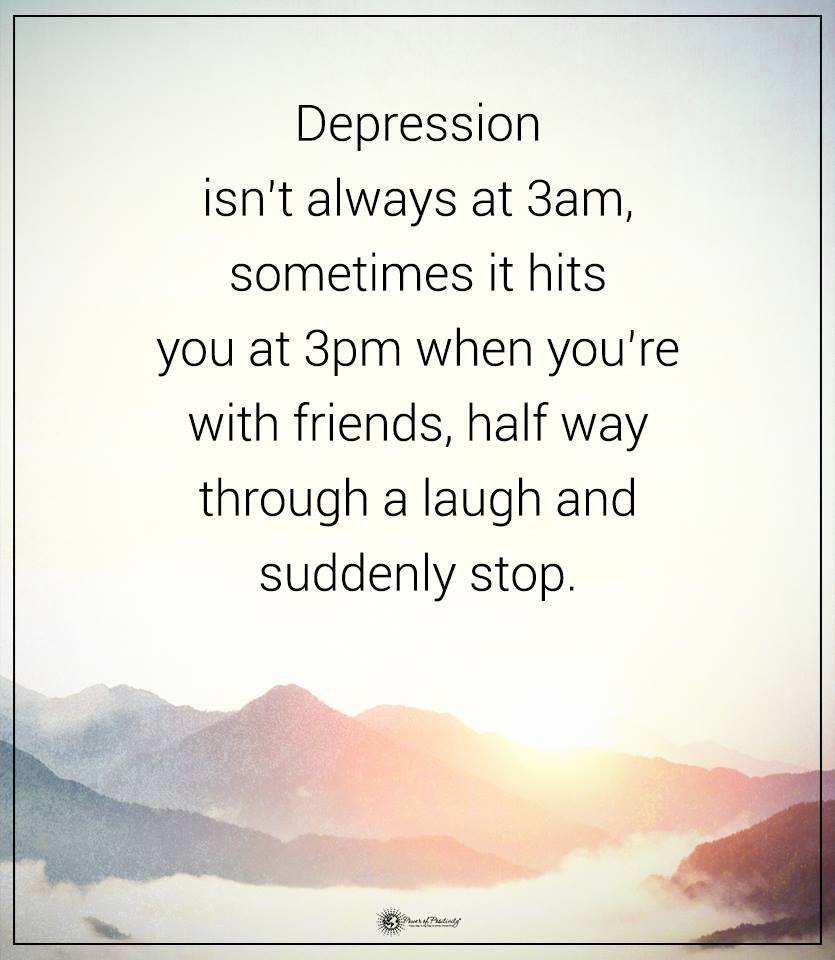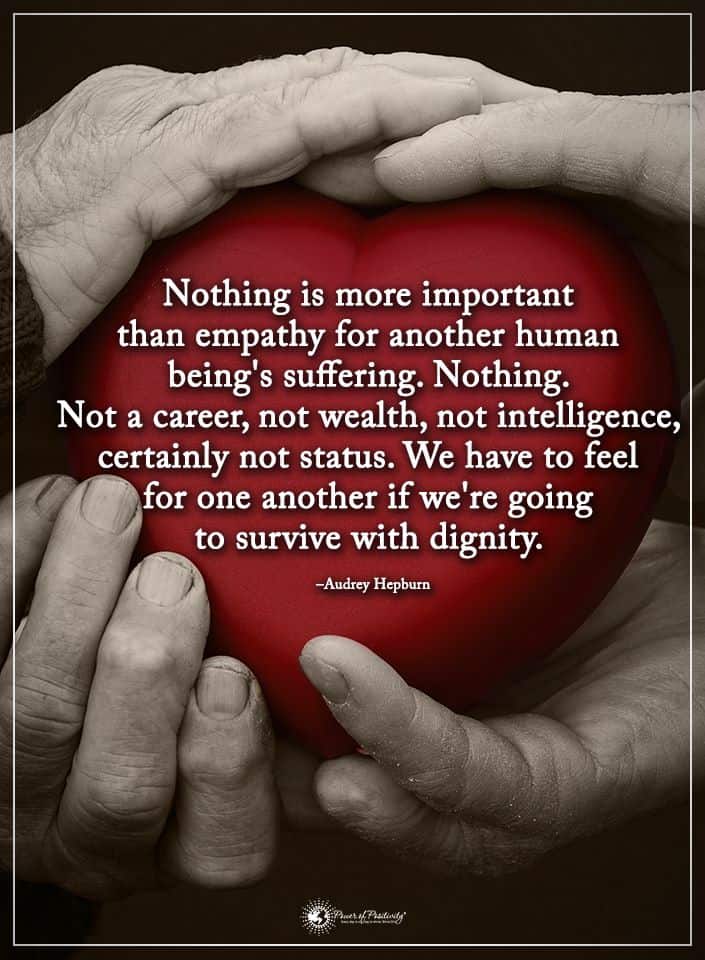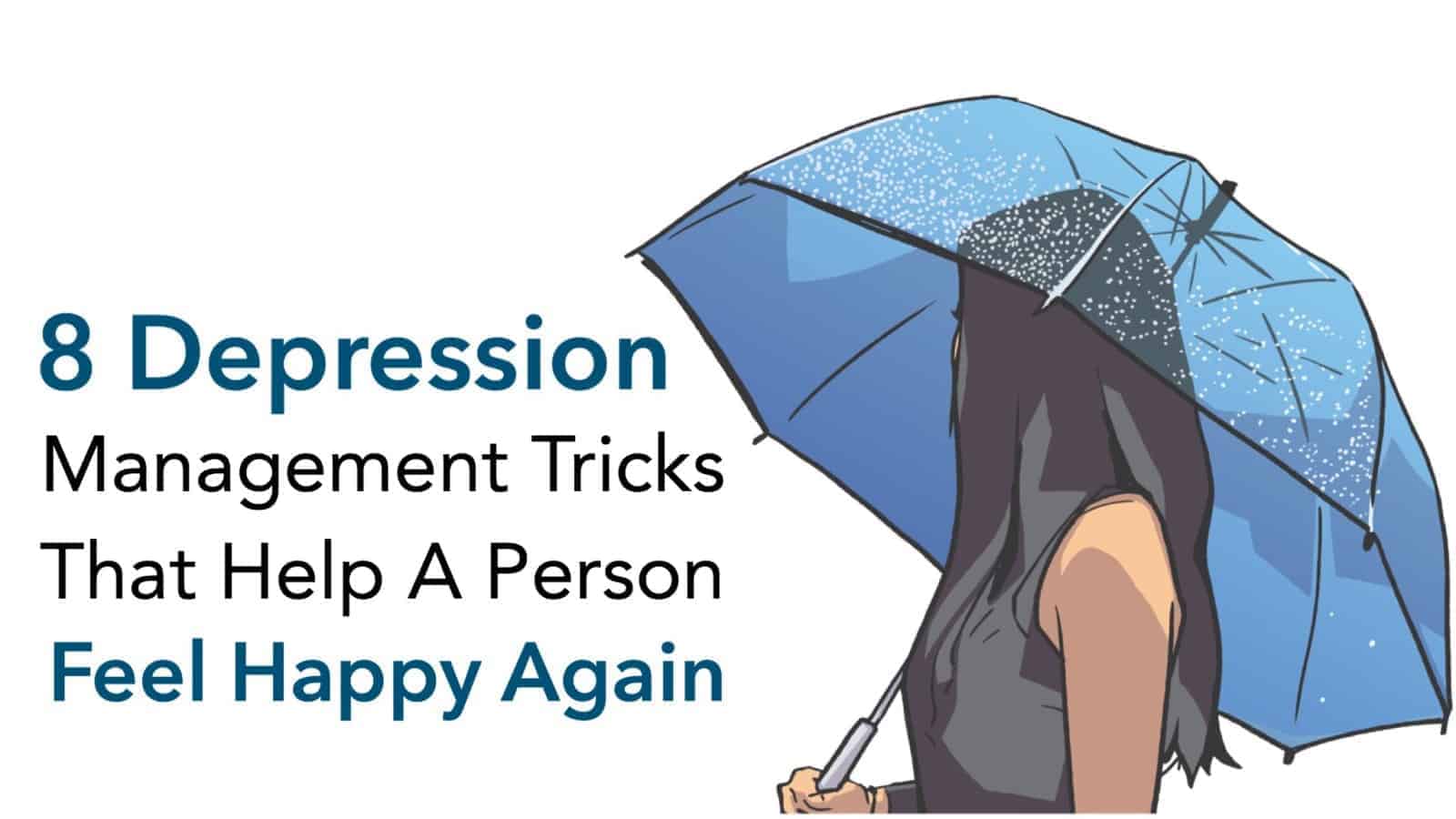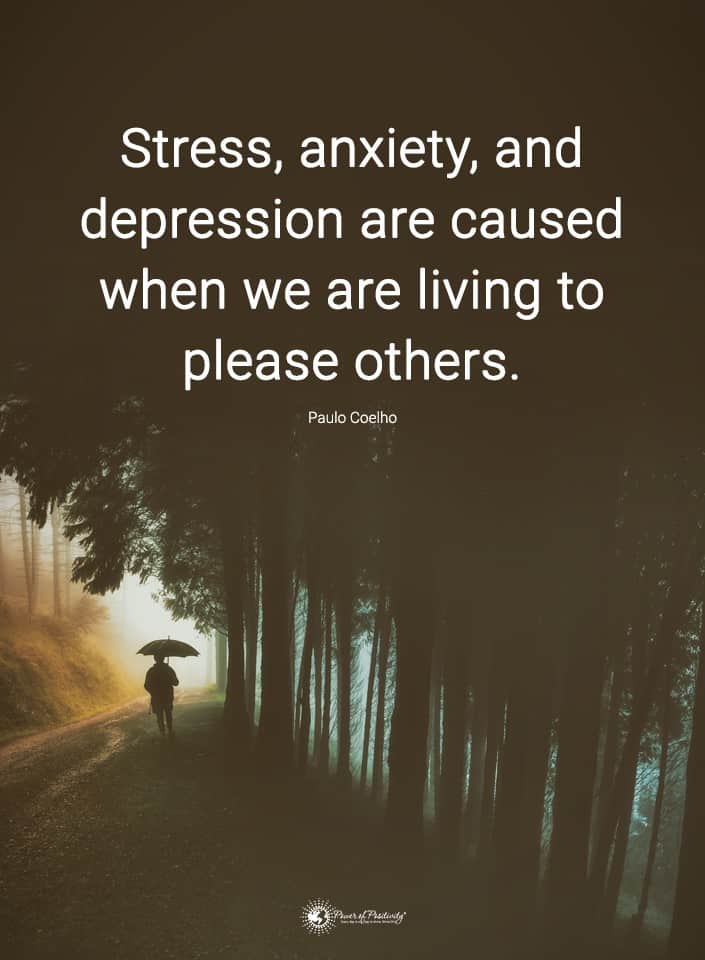Depression can be tough to deal with on your own, so we often seek out other people and support systems to handle the day-to-day feelings that come with depression. Someone in your life is dealing with depression and will seek you out for emotional support and validation.
If you’ve never been depressed, you may not know the best ways to deal with someone who has depression and to help make them feel stable and honored in their life. If you find yourself in the support system of a depressed friend or family member, here are eight ways to help them feel like themselves again and let them know you honor their feelings.
What Causes Depression?
Depression manifests differently in everyone, and causes can range from environmental to genetic. Common causes of depression include the following:
• Brain Chemistry
Chemical imbalances in the brain play a significant role in developing depression. Abnormal brain chemistry can make managing your mood, thoughts, and behavior challenges. Brain scans of people with depression show low levels of norepinephrine, serotonin, and dopamine, for example.

• Hormone Levels
Fluctuations in the female hormones estrogen and progesterone throughout the menstrual cycle, postpartum period, or menopause can trigger depressive symptoms. Also, conditions such as PCOS, which causes higher than average male hormones, can induce mood swings.
• Family History
If you have a family history of depression or other mood disorders, this raises your risk of developing depression. Scientists estimate the heritability of depression is around 40-50%, with psychological or environmental factors accounting for the remainder.
• Childhood or Environmental Stress
Childhood trauma dramatically increases a person’s risk of developing mental disorders such as depression. Trauma causes changes to brain chemistry which can have effects lasting into adulthood. One study found that 56% of children who experienced abuse suffered from clinical depression. However, many people find that a combination of therapy and medication can help rewire neural pathways in the brain.
Circumstantial factors in adulthood like job losses, divorces, the death of a loved one, or financial struggles can trigger a depressive episode.
• Medical Conditions
Certain medical conditions such as insomnia, chronic pain, Parkinson’s disease, heart attack, cancer, and hypothyroidism can cause depression. In this case, treating the underlying condition could alleviate depressive symptoms.
• Substance Abuse
People with substance abuse issues have a greater risk of developing depression. Excessive use of drugs and alcohol causes changes in brain chemistry that can increase vulnerability to mental disorders.
• Seasonal Changes
If you live in areas that don’t get much sunlight in the winter, it could increase your likelihood of developing seasonal affective disorder (SAD). This form of depression occurs in the late fall or early winter when the days get shorter. Also called the “winter blues,” SAD affects around 10 million Americans each year. Most people who develop this condition live above or near the Arctic Circle, although it’s been reported in New England.
Risk Factors For Depression
- Being female. Major depression occurs twice as often in females compared to males.
- As we said earlier, you have a heightened risk of developing depression if it runs in your family.
- Socioeconomic status. Poverty or financial struggles can increase the risk of depression, especially for those who work long hours.
- Certain medications. Certain pharmaceutical drugs such as birth control, corticosteroids, and beta-blockers could raise the risk of depressive symptoms.
- Vitamin D deficiency. Research finds that many people with depression have low Vitamin D levels. They linked depressive symptoms to low levels of vitamin D.
- Gender identity. Transgender people have four times the risk of developing depression as cisgender people, according to a 2018 study.
- Medical conditions. Specific chronic medical issues could increase depression risk; people with heart disease are twice as likely to develop a depressed mood, while 25% of cancer patients experience depression.
- According to the NHS, smoking increases the risk of depression because it interferes with brain chemistry.
9 Signs of Depression
Depression isn’t just feeling sad or having an “off” day once in a while. Experiencing five or more of the following symptoms persistently for at least two weeks could signal depression:
• Feeling Sad or Depression Often or Always
If you’re feeling depressed more often than not, you might have a mental health condition. Make a note of how frequently you feel depressed, either mentally or in a journal. Keeping track of your feelings will help a doctor make a proper diagnosis.
• Loss of Interest in Activities Once Enjoyed
Depression zaps the joy out of life and makes it difficult to retain an interest in activities, even those you once loved. If you want to spend more time alone and withdraw from others, it could signal depression.
• Appetite Changes, Losing or Gaining Weight
Being depressed can cause appetite changes if you don’t have the energy to make meals. On the other hand, you may find you’re eating more than usual to cope with feelings of emptiness or hopelessness. Either way, significant appetite or weight fluctuations are a cause for concern.
• Sleeping Too Much or Too Little
Depressive episodes can trigger insomnia or hypersomnia due to hormones or brain chemistry changes. Many people with depression suffer from sleeping issues; about 75% deal with insomnia, and 40% of young adults have hypersomnia.
• Lacking Energy or Increased Fatigue
A hallmark of depression is decreasing energy; even simple daily tasks can be a monumental effort. If you have difficulty getting out of bed in the mornings and have little energy for self-care, you could be depressed.
• Feeling Restless or Lethargic
Many people with depression also experience restlessness, sometimes due to co-occurring anxiety. However, it could just point to being depressed and feeling aimless, leading to purposeless physical activity. On the other hand, you may experience lethargy indicated by slowed movements or speech.
• Feelings of Guilt or Helplessness
Guilt, hopelessness, or helplessness are often felt by those with depression. These feelings could arise because of the stigma associated with the disorder. Or, the person suffering could feel trapped by their condition and not know how to cope with it.
• Trouble Concentrating, Making Decisions or Remembering Details
Depression can cause brain fog, making it hard to carry out daily tasks and make crucial decisions. Cognitive dysfunction can occur due to increased stress or brain chemical imbalances.
• Thoughts of Death or Suicidal Ideation
In the worst-case scenario, people with depression may experience suicidal thoughts or ideation. If you’re thinking about harming yourself or committing suicide, call the crisis hotline immediately at 1−800−273−TALK (8255).
For a diagnosis of depression, a doctor must rule out medical causes or other conditions. In addition, symptoms must represent a severe decline in functioning to make a proper diagnosis.
Here Are 8 Tricks That Help A Person With Depression Feel Honored and Happy Again
“That’s the thing about depression: A human being can survive almost anything, as long as she sees the end in sight. But depression is so insidious, and it compounds daily, that it’s impossible to ever see the end. The fog is like a cage without a key.” – Elizabeth Wurtzel
1. Don’t pretend it doesn’t exist
Depression is a serious issue, and just pretending like nothing is wrong isn’t going to make it go away. You may think that acting like everything is expected the best thing to do, but it can make a depressed person feel their emotions aren’t valid. Make sure you acknowledge what they’re going through and how hard it can be for them.
2. Don’t try to fix a person with depression
Your friend or family member who is depressed isn’t broken. Instead, they’re simply dealing with a common but serious mental illness that needs treatment by professionals.
Depression is a medical condition. Someone who struggles needs professional help. Your best intentions might even cause unintended harm. Indeed, you won’t be able to fix them because they aren’t broken. So don’t try to fix them. They need support and love, not a quick fix.
3. Easy on the positivity
Being a source of positivity that your depressed friend can reach out to when they need it is incredibly important. However, don’t try to drown them in endless positivity. It might backfire and make them feel worse that they can’t seem to feel optimistic on their own. At worst, it’s probably highly annoying! So be positive, but don’t force it.
4. Let them talk it out
Don’t try to stop your depressed friend from talking about how they’re feeling, even if those emotions are negative and self-deprecating.
“Don’t avoid the person because you can’t think of something clever to say – someone who can listen is valuable. Sometimes just being there with them is valuable, so don’t pressure them to have something to say either. Make it clear that you want them to feel free to talk about anything that’s on their mind – but only when they feel able to,” says psychiatrist Michael Simpson
Therefore, being able to talk through their situation is good for them and can help them work themselves out of a depressive episode. Make sure you’re always an open ear for them to talk to.
5. Validate their feelings
Everyone deserves to feel validated. Even if they have feelings that don’t make sense, make sure to express that you understand the way they’re feeling and that they don’t have to feel wrong about their emotions. Emotions are neutral – it’s how we deal with them and what we do in the reaction that can be maladaptive. Validating their feelings can make it easier for them to deal with them.
6. Be supportive of someone with depression
A depressed friend or family member may find it hard to reach out for help when they need it. So, make sure that you offer your support during their times of need.
Psychiatrist and author Dr. Gail Saltz say, “Most people’s reaction—it isn’t conscious—is to pull away, get away… Know that you can talk to them without feeling what they feel. You can do a great service by reaching out. You don’t have to imagine what it feels like.”
Being supportive can make it easier for a depressed person to feel loved and listened to. Don’t force your help on them, but offer your support if they need it.
7. Invite them to places
Sometimes, being depressed means that all you want is to lay in bed and stay in. Encourage your friend to go out with you, and invite them places to give them the choice of something other than staying in. Encouraging them to go out with you makes it easier to get out of the house. They’ll feel good that you’re still willing to hang out and invite them places even when they’re depressed.
8. Set boundaries
As much as you want to help your friend with whatever they need, it’s essential to take care of yourself. Make sure you set boundaries so that you don’t get overworked. If you end up being overwhelmed by helping your friend, you’ll do more damage to you both than good.
Therefore, make sure that you take care of yourself to keep helping your friend when they need it.

Final Thoughts on Depression
Depression is a serious thing that affects many people. You may never have experienced it, but you may have friends and family who have. If this ever happens, it’s essential to know precisely how you can help them and continue to honor them as a person. You may not be able to fix their depression, but you’ll be able to help and support them when they need it.























